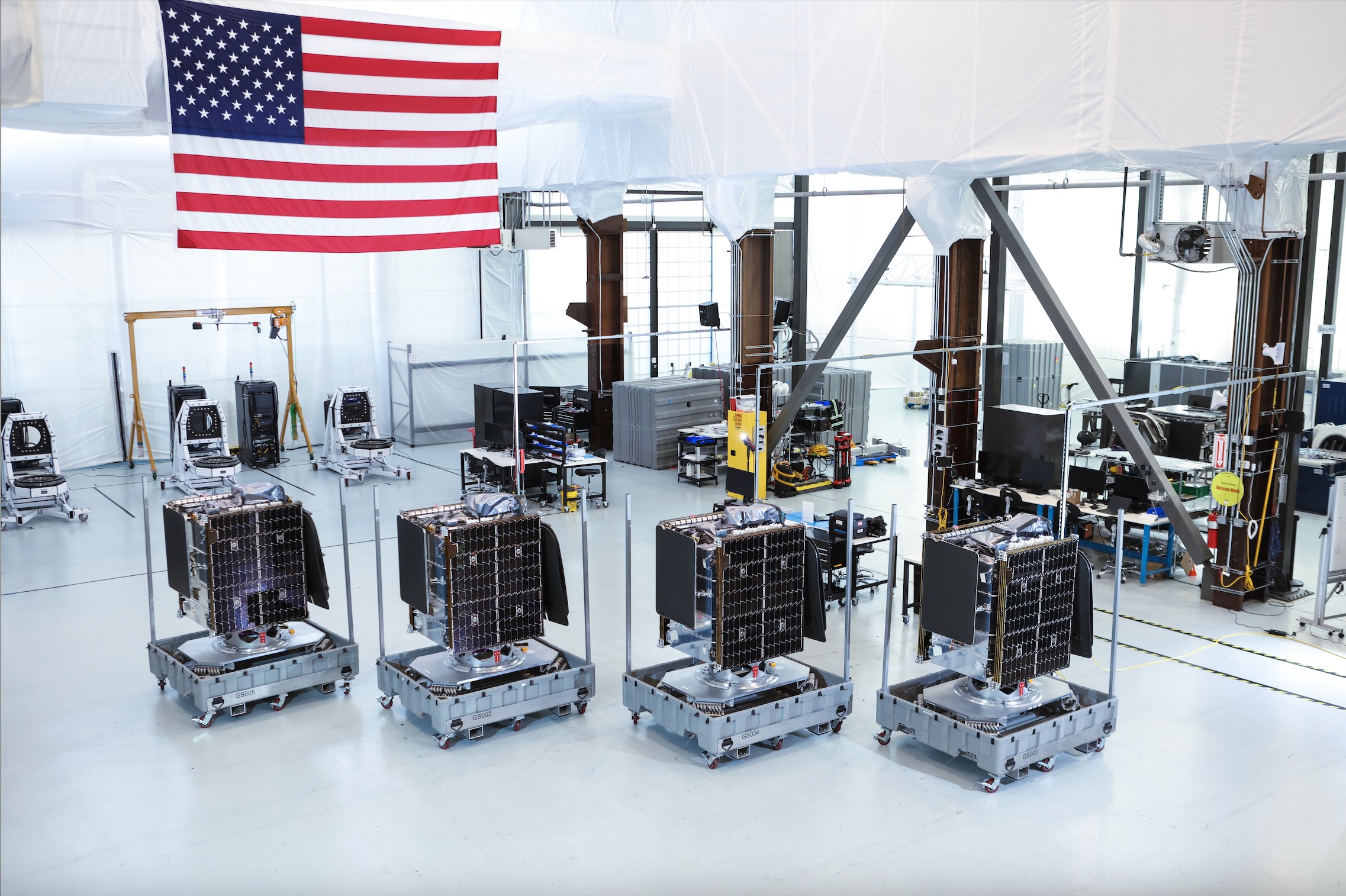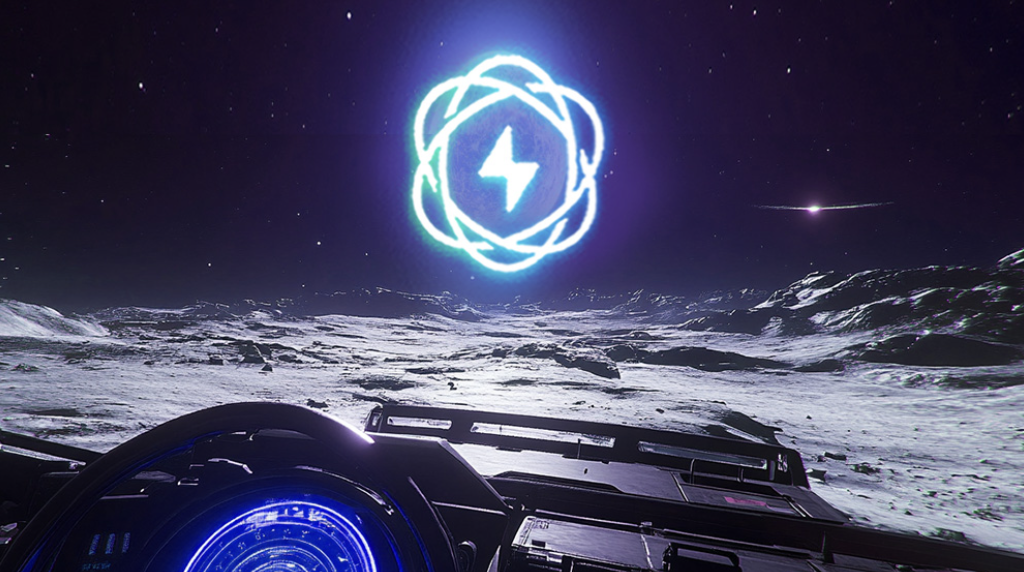
SpaceX plans to launch four small communications satellites to a high Earth orbit from Florida’s Space Coast tonight (Dec. 20).
A Falcon 9 rocket carrying four “MicroGEO” satellites built by San Francisco company Astranis is scheduled to lift off from Cape Canaveral Space Force Station tonight, during a nearly four-hour window that opens at 10:39 p.m. EDT (0339 GMT on Dec. 21).
SpaceX will webcast the action live via its X account beginning about 15 minutes before launch.
One Astranis satellite has reached orbit to date, which explains the name of tonight’s mission — “Astranis: From One to Many.”
Related: SpaceX: Facts about Elon Musk’s private spaceflight company
Two of the four satellites going up tonight will be used by Colorado-based company Anuvu to provide in-flight connectivity for travelers. Another one will beam service to customers in the Philippines, and the fourth, called UtilitySat, is expected to serve a variety of customers throughout its life, according to Astranis.
“This is a huge milestone for Astranis. We’re going from one to many satellites, and this is the first time anyone has ever launched four satellites together like this,” Astranis CEO John Gedmark said in an emailed statement.
“These are our most advanced satellites yet, with a number of improvements that will generate increased capacity and affordability,” he added. “We couldn’t be more excited to deliver for our customers, providing dedicated broadband networks in a way they can’t get anywhere else.”
The Falcon 9’s upper stage will deploy the four Astranis satellites into geosynchronous transfer orbit about 35 minutes after launch, if all goes according to plan tonight.
The quartet will then make their way to geosynchronous orbit, a circular path 22,236 miles (35,786 kilometers) above Earth. At this altitude, orbital velocity matches the planet’s rotational speed, allowing spacecraft to “hover” over the same patch of Earth continuously.
The Falcon 9’s first stage, meanwhile, will come back to Earth for a touchdown on the droneship “A Shortfall of Gravitas” about 8.5 minutes after launch. It will the 17th flight for this particular booster, according to a SpaceX mission description.









Leave a Comment